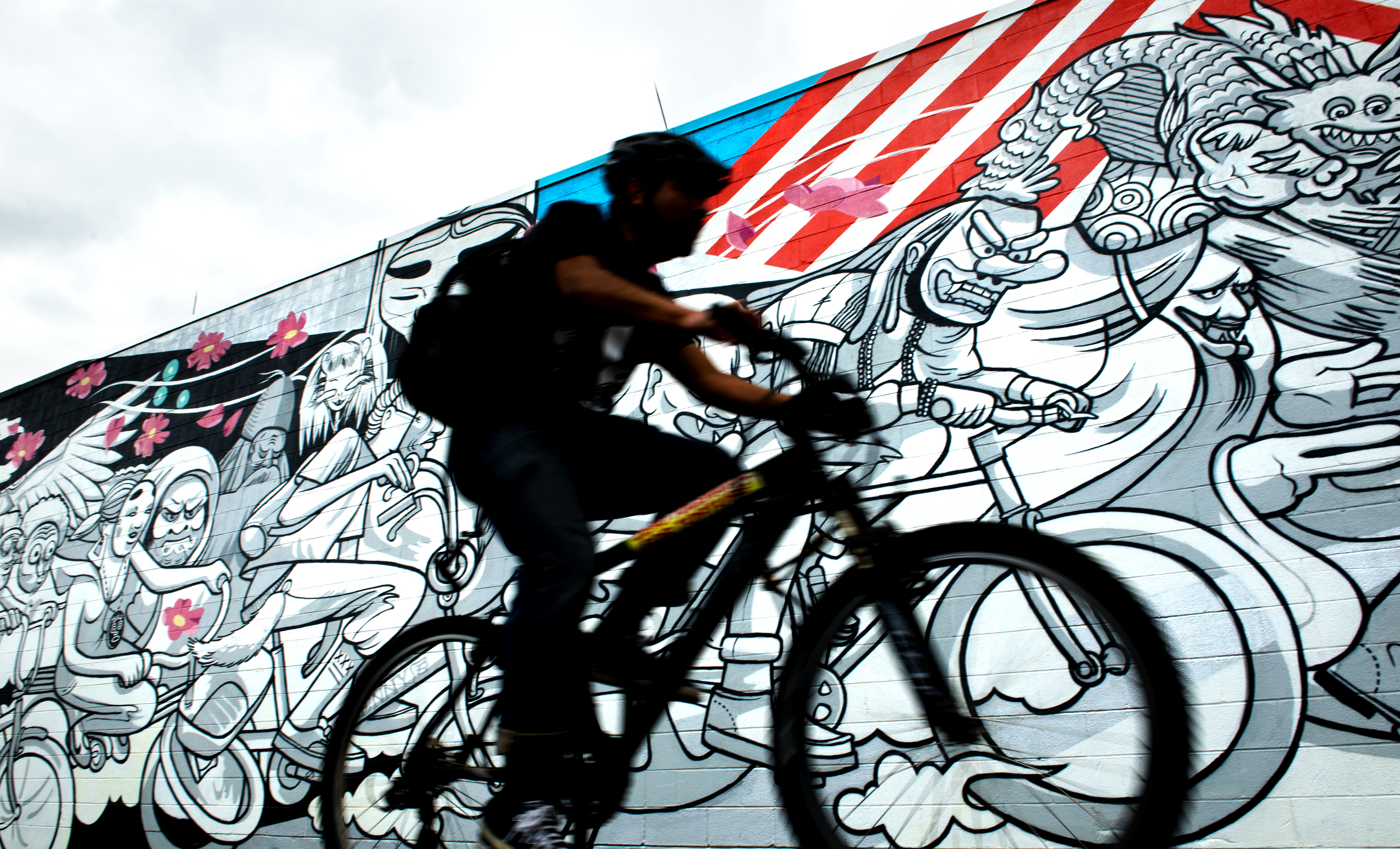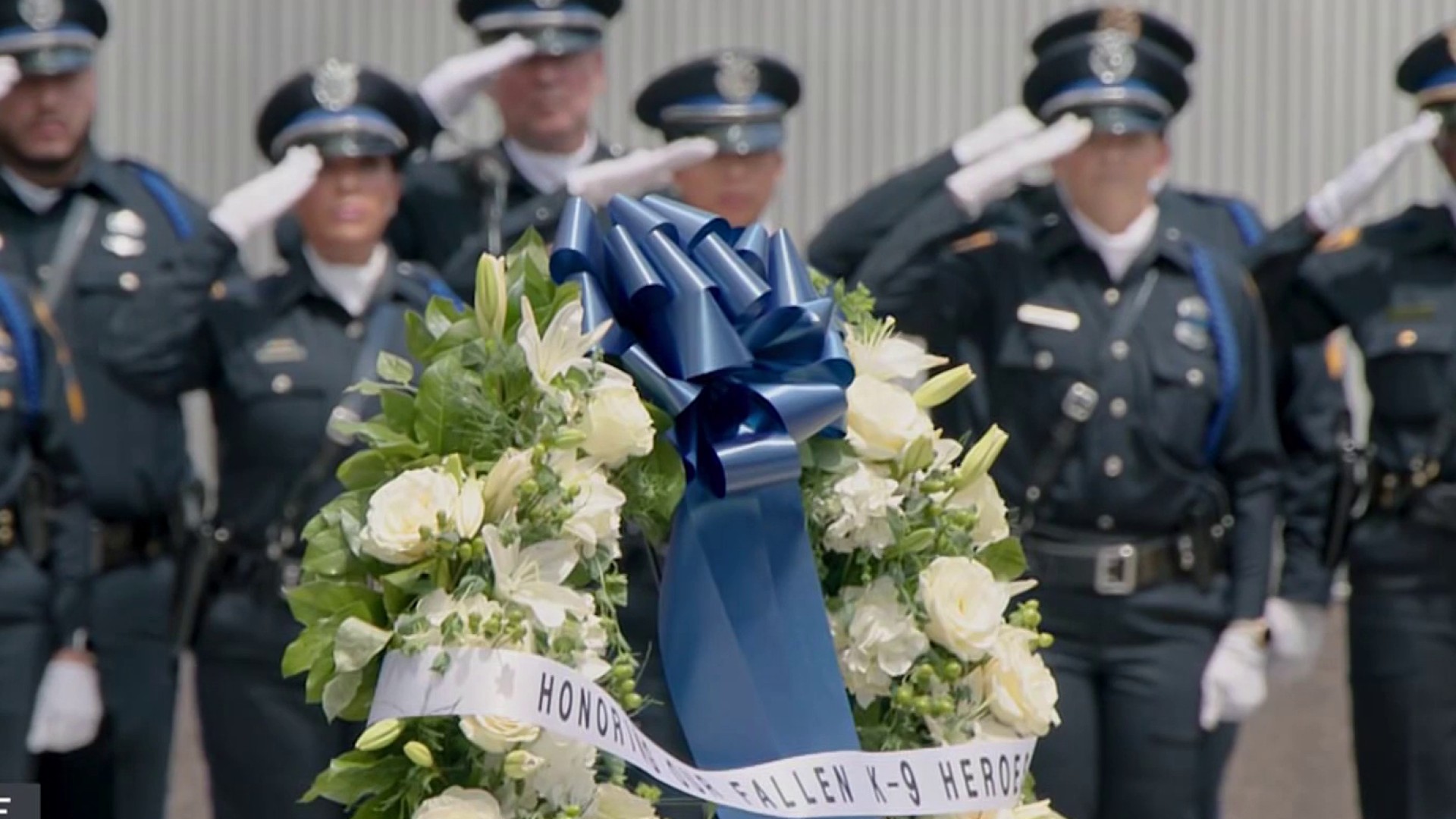A Baltimore judge refused on Wednesday to dismiss charges against six police officers accused in the death of Freddie Gray, 25, while he was in their custody.
During a pretrial hearing, Circuit Court Judge Barry Williams denied a motion for the charges against the officers to be dropped because of prosecutorial misconduct on the part of State's Attorney Marilyn Mosby. A motion to have Mosby recuse herself from the case was also denied.
The death of Gray -- who succumbed to injuries sustained after his arrest on April 12 -- sparked rioting and unrest that shook Baltimore for days. Protests outside the Baltimore courtroom Wednesday were largely peaceful and resulted in just one arrest, according to the Baltimore Police Department.
In a win for the defense, Officers Edward Nero, Garrett Miller, William Porter and Goodson, as well as Lt. Brian Rice and Sgt. Alicia White will be tried in six separate trials, Williams ruled. Defense attorneys had argued their clients' cases would be hurt if the officers were tried together.
Two officers, Edward Nero and Garrett Miller, were indicted on charges of second-degree assault, misconduct in office and reckless endangerment.
Officer Caesar Goodson, who drove the transport van, faces charges of manslaughter and second-degree "depraved heart" murder. Sgt. Alicia White, Lt. Brian Rice and Officer William Porter are each charged with manslaughter, second-degree assault, misconduct in office and reckless endangerment. The officers were not required to attend Wednesday's hearing.
Andrew Graham, Goodson's lawyer, argued that his client -- who faces the most serious charge -- would face a great risk of "spillover effect and transference of guilt." Prosecutors wanted to try Goodson, Nero and White together. Prosecutor Jan Bledsoe argued that evidence to be introduced at trial was relevant to all three.
Local
Washington, D.C., Maryland and Virginia local news, events and information
Dozens of protesters demonstrated outside the courthouse Wednesday morning, holding yellow signs with slogans including, "Stop racism now'' and "Indict, convict, jail.'' One banner said "Justice 4 Freddie Carlos Gray.''
Many protesters marched in the street to the city's Inner Harbor area, where they blocked a main road briefly. Police lined up behind them and directed them out of the road. Police arrested one protester for refusing to stop blocking a street, police said. One officer received minor injuries while making the arrest.
The president of the Baltimore City Branch of the NAACP, Tessa Hill-Aston, said she didn't anticipate violent protests.
"I pray that we don't have any uprising," she said. "People were angry about a lot of things, and a lot of things have happened in their community with the police. I think a lot of that has been worked on with the new commissioner."
Inside the courtroom, defense attorneys had sought to drop the charges because of what they called prosecutorial misconduct on the part of Mosby.
The judge said that while he was "troubled" by Mosby's public comments about the case, those comments were not likely to sway a jury.
Andrew Graham, an attorney representing Officer Caesar Goodson, had unsuccessfully argued that Mosby's comments after filing charges against the officers were "reckless and unprofessional,'' and violated the rules of conduct.
Graham likened Mosby's comments on the case to a "pep rally calling for payback.''
Gray was arrested in the Sandtown-Winchester neighborhood of West Baltimore. According to court documents, Gray made eye contact with a police officer and took off running. He was apprehended two blocks away and arrested for possession of what Miller wrote in charging documents is illegal under a city ordinance.
Mosby said the arrest was unlawful because the knife is legal under state law. None of the officers secured Gray's seatbelt in the van, a violation of police policy. Soon after he was placed in the van, Goodson stopped to secure him with leg irons because he had become "irate," police said.
After a ride that included several more stops, including one to pick up a second passenger, the van arrived at the Western District station house. By that time, Gray was non-responsive.
Gray died on April 19, one week after he was critically injured, and his death inspired outrage among Baltimore residents that spawned protests that at least two points gave way to violence, looting and arson. In the wake of the riots, Democratic Mayor Stephanie Rawlings-Blake implemented a curfew for all Baltimore residents, and Republican Gov. Larry Hogan declared a state of emergency.
The defendants' lawyers are due back in court Sept. 10 when a judge is expected to determine if the trials will be held in Baltimore or elsewhere.



